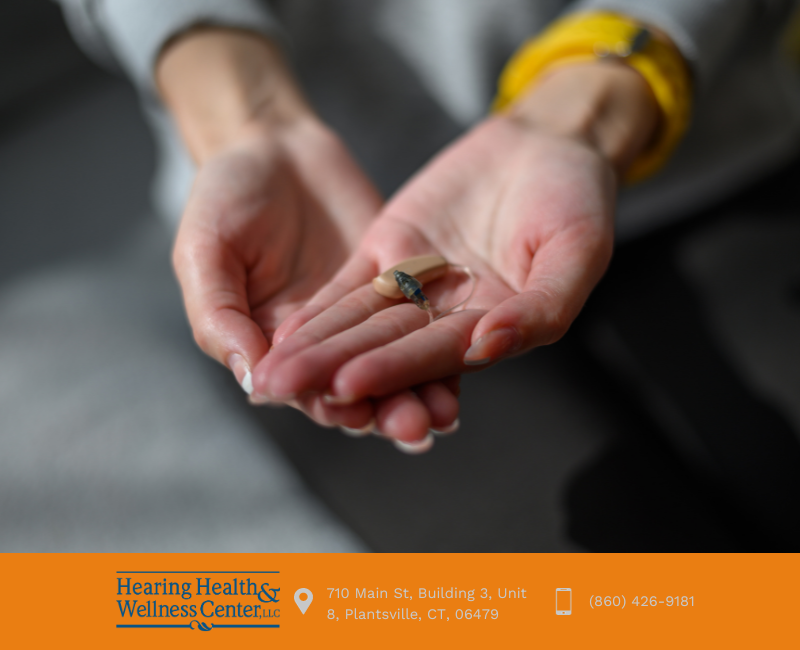The lifespan of hearing aids can vary depending on the type and brand of hearing aid, as well as how often and how well they are maintained. On average, hearing aids can last anywhere from 3-7 years, but with proper care and maintenance, some can last even longer.
It is important to follow the manufacturer’s recommendations for cleaning and maintenance and to have the hearing aids serviced by a professional periodically to ensure they are functioning properly.
What factors can affect the lifespan of hearing aids?
There are several factors that can affect the lifespan of hearing aids, including:
- Type and quality of hearing aid: High-end, digital hearing aids tend to have a longer lifespan compared to basic, analog hearing aids.
- Usage: How often and in what environments the hearing aids are used can affect their lifespan. For example, hearing aids worn daily in a noisy environment will likely have a shorter lifespan than those worn less frequently in a quieter environment.
- Care and maintenance: Proper cleaning and maintenance of hearing aids can help to prolong their lifespan. It is important to follow the manufacturer’s recommendations for cleaning and to have the hearing aids serviced by a professional periodically.
- Exposure to moisture and other environmental factors: Hearing aids that are exposed to excessive moisture or extreme temperatures can be damaged and may have a shorter lifespan.
- Battery life: Hearing aids run on batteries, and the lifespan of the batteries can affect the overall lifespan of the hearing aids.
- Repairs and replacement parts: Hearing aids that require frequent repairs or replacement parts may have a shorter lifespan.
It’s also important to note that technology advances rapidly and new models can be released often, making older hearing aids less effective or obsolete.
Hearing Aid Care: Do’s And Don’ts
Here are some general do’s and don’ts for caring for your hearing aids:
Do’s:
- Clean your hearing aids regularly with a dry, soft cloth or brush to remove earwax and debris.
- Keep your hearing aids in a dry place when not in use, such as a dry-aid kit.
- Change the batteries as needed and store them properly to avoid leakage.
- Handle your hearing aids gently to avoid damaging them.
- Keep your hearing aids in a safe place to avoid losing them.
Don’ts:
- Don’t expose your hearing aids to excessive moisture, such as taking a shower or swimming with them in.
- Don’t use harsh chemicals or solvents on your hearing aids.
- Don’t wear your hearing aids while sleeping, unless your healthcare provider advises otherwise.
- Don’t try to repair your hearing aids yourself, contact your hearing care professional for any repairs or maintenance.
- Don’t put your hearing aid in your pocket and forget about it, as it may be damaged or lost.
It’s important to follow the manufacturer’s instructions for cleaning and care and to consult your hearing healthcare professional with any questions or concerns.
Do Hearing Aids Become Less Effective Over Time?
Hearing aids can become less effective over time for a variety of reasons. Some common reasons include:
- Earwax buildup: Earwax can accumulate on the microphone or speaker of the hearing aid, which can block or distort the sound.
- Battery issues: Hearing aid batteries can lose power over time, or may not be inserted properly, which can cause the hearing aid to malfunction or produce weak sound.
- Damage or wear: Hearing aids can become damaged from being dropped, exposed to moisture, or from general wear and tear.
- Changes in hearing: As hearing loss progresses, the hearing aid may no longer be able to meet the individual needs.
- Technology: Advancements in technology can make older hearing aids less effective compared to newer models.
Audiologist And Hearing Aids In Plantsville, CT
Hearing Health and Wellness Center provides hearing aids fitted by expert audiologists.
Contact us today to book an appointment!

